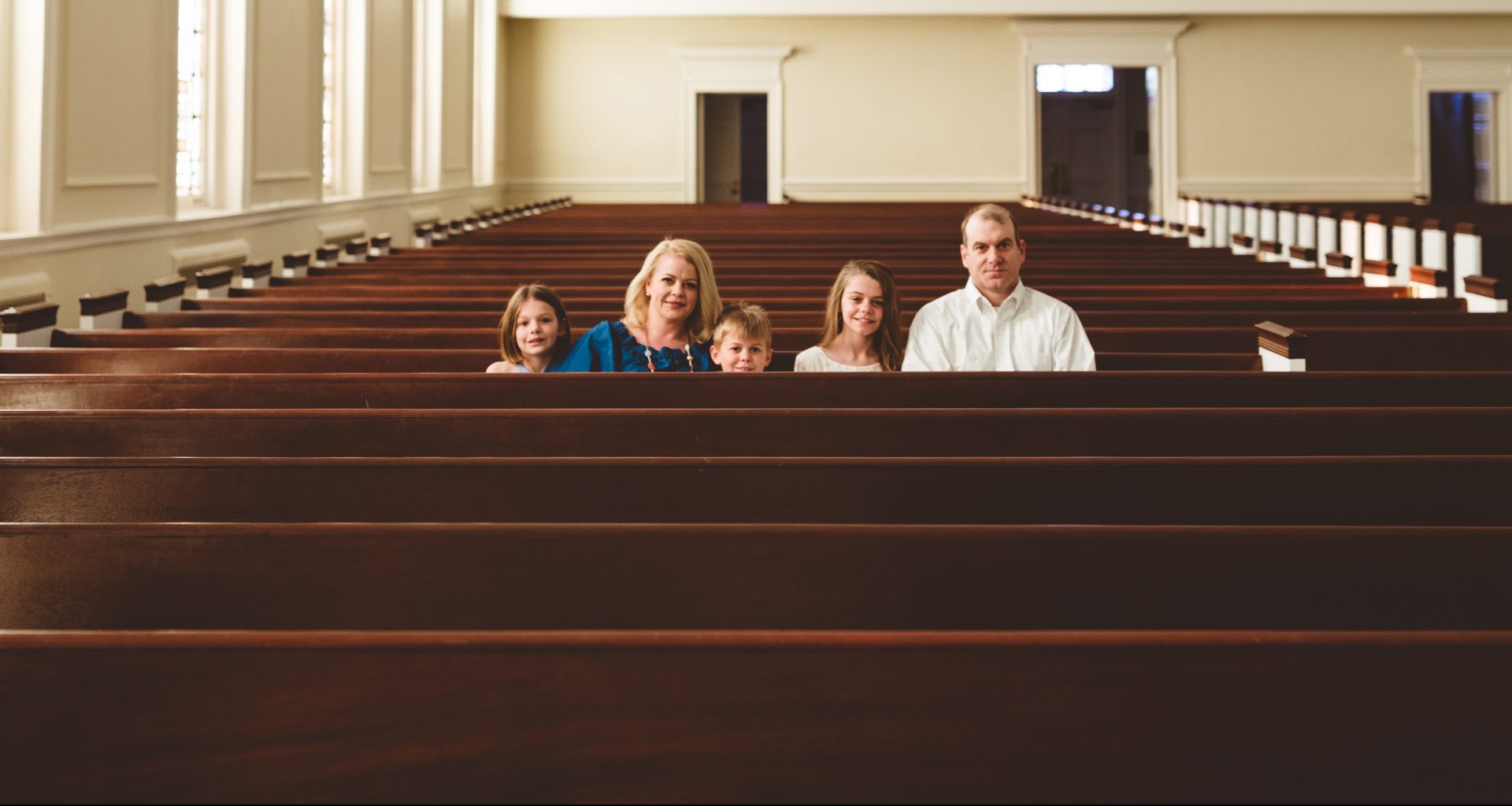“Help me lay the renegade to rest; turn the stone inside me back to flesh”
Lauren Daigle, “Rebel Heart”
When’s the last time you said the “f” word? Not the one that likely pops into your head. No, I’m talking about the word forgive. When is the last time you asked to be forgiven? Not so much to God (although that’s important), but to your family, to your colleagues at work, to anyone that you’ve offended or upset? Most of us, if we consider ourselves a Christian in the sense of trying to emulate Christ, are likely quick to apologize, and that’s a good thing. But we’re leaving cards on the table. It’s a two-part deal: first, the apology, and second, asking for forgiveness. If we think saying “I’m sorry” is tough at times, asking, “Will you forgive me?” might make apologizing feel like a cakewalk.
Years ago, I can’t really say when, our children’s pre-school teachers taught them the practice of asking to be forgiven when they did wrong. It sounds so simple, and when you’re a very young child, it can become your practice much more effortlessly than at the ripe age of, say, forty.
But like any wannabe good parents, we followed suit, and all was fine and dandy until the day when the bickerings with children graduated into full-blown arguments between us grown-ups. Then it was as if we had lost our voice.
The courage it takes to ask for forgiveness cannot be underestimated. It’s no small thing. Unlike the repentance we practice in prayer, repentance to one another is in a league unto itself, reserved for the professionals (read: folks way more mature than me).
What I realized in not only saying the “f” word, but in actually practicing it with my husband, my mother-in-law, my children, and others, was that it may not get easier, but it does a helluva lot of good. Forgiveness – the active seeking of it from another, the giving of it, and the acceptance of it – is one of the most powerful ways to heal what ills us. As individuals. As couples. As families. As communities.
I’m reminded now of the Mother Emanuel massacre in Charleston, South Carolina, four years ago. Known more formally as the Emanuel African Methodist Episcopal Church, Mother Emanuel is the oldest African-American Methodist Episcopal congregation in the Southern United States. In 2015, a disturbed young man named Dylann Roof entered the church, during a Bible study being held, and shot and killed nine people.
In the wake of such an event that shook not only Charleston or the State of South Carolina but the nation and beyond, there were many who sought to return death with death, wanting nothing less than Roof to lose his own life for the lives he took. But in an amazing and, what can only be described as a Spirit-filled response, the families and church took the very opposite stance. Just as they willingly opened their door to Roof that fateful evening, inviting him in as a friend to worship with them, they extended forgiveness to him for murdering their loved ones. The grace of God.
How is this possible? What exercises of spiritual fortitude must we they have performed in life to rise out of the ashes with such purity of heart, and at the same time, with such holy meekness?
I don’t know, but I have to believe it began with small acts of forgiveness. As Mother Teresa is quite famous for having said, “If you want to heal the world, start with your family.” This is truth.
Pride, the evil agent that eats away our will to forgive, will be “fighting ready” to challenge us each and every time we try to counter our wrongdoing with the humility required to seek forgiveness. Poisonous pride. If forgiveness is a gateway to healing, pride is the spirit that controls the lock and wants you to believe you don’t have the key. But we do. We do, friends.
David and I began asking, “Will you forgive me?” with the problems of children. These were our small acts… our grade school tests for spiritual growth. Now, during a season when it feels as if life’s thrown us to the wolves (and sometimes the wolves are ourselves), seeking, giving, and accepting forgiveness have been some of the most difficult and equally profound practices of our marriage.
I believe that if we ask Him to, God will give us what we need to forgive. We must remember that forgiveness is not a feeling but an act of will and obedience. And extending it doesn’t mean that we forget. It does , however, mean that we can release the shackles that keep us chained, the shackles that we imprisoned ourselves with and have the power to release ourselves from.
Perhaps you haven’t said the “f” word lately, or in years, or ever. Perhaps the time to start is now, and the person to start with is yourself.
“But if you do not forgive others their sins, your Father will not forgive your sins.”
The words of Jesus, Matthew 6:15 (NIV)
“Forgive one another as quickly and thoroughly as God in Christ forgave you.”
The words of Jesus, Luke 17:3 (MSG)
“Master, how many times do a forgive a brother or sister who hurts me? Seven?” Jesus replied, “Seven! Hardly. Try seventy times seven.”
A dialogue between Peter and Jesus, Matthew 18:21-22 (MSG)


